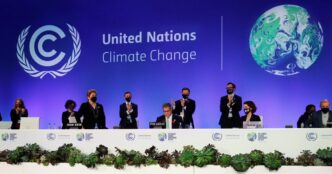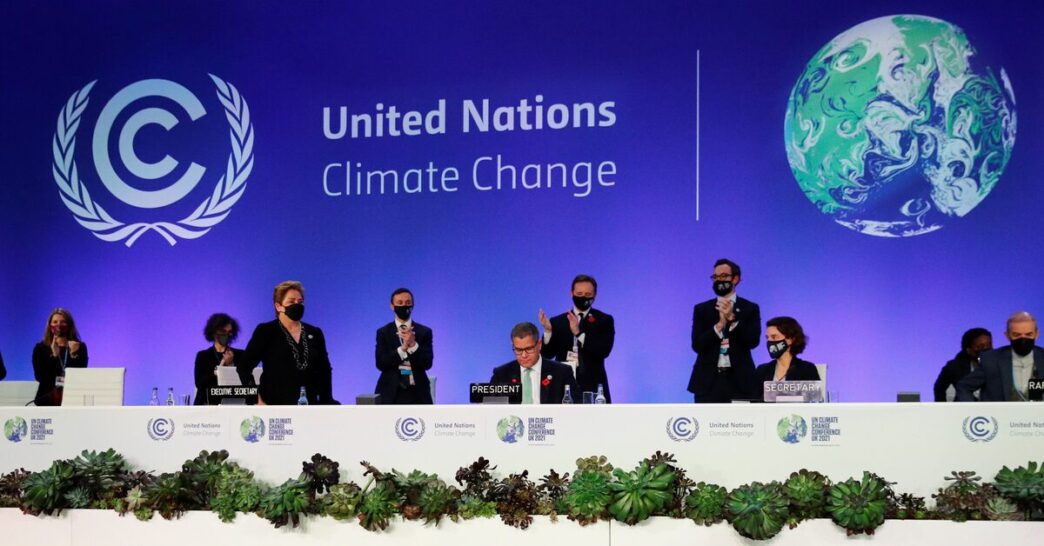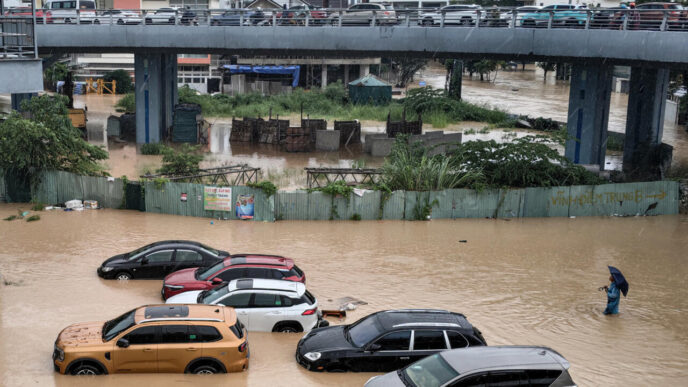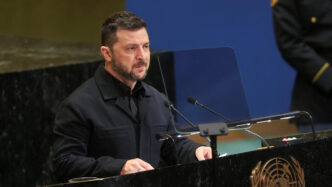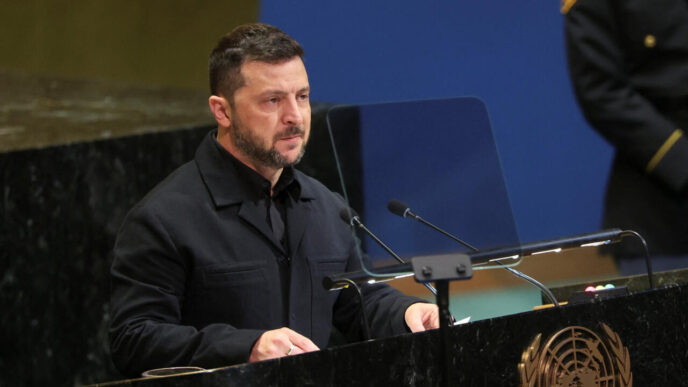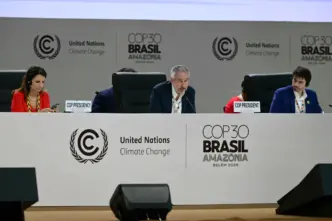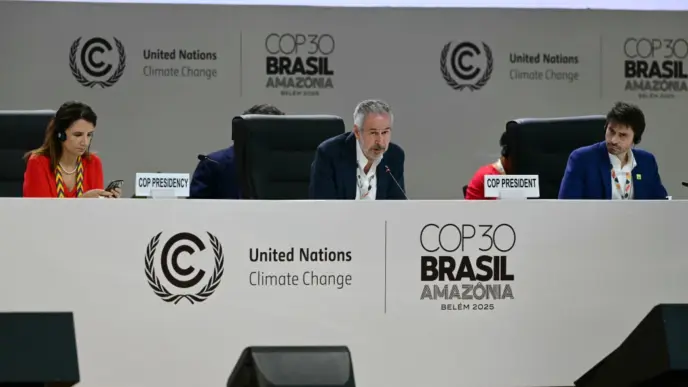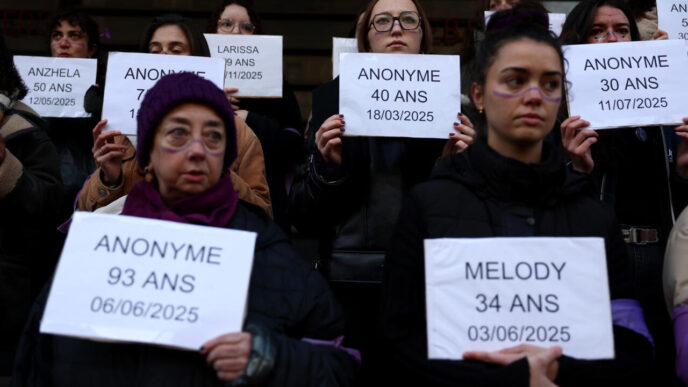Negotiators at the United Nations (UN) climate summit moved close to sealing an agreement on Saturday after the European Union (EU) accepted a compromise text that makes only an implicit reference to phasing out fossil fuels, following tense discussions with oil-producing nations and emerging economies.
Talks among nearly 200 countries had stretched over two weeks in the Brazilian Amazon city of Belem, with delegates enduring sleepless nights as they worked towards a consensus text.
The EU and several allied nations had pushed for a clear “roadmap” to end the use of fossil fuels, but the phrase was absent from the draft agreement.
Instead, the document urges countries to “voluntarily” accelerate their climate efforts and reiterates the collective position reached at COP28 in Dubai, where nations agreed to transition away from fossil fuels.
Despite previously warning that the summit might collapse without stronger language, the EU agreed to the watered-down wording.
EU climate commissioner Wopke Hoekstra acknowledged that the bloc had hoped for a more ambitious outcome but said the deal still pointed “in the right direction”.
More than 30 nations—including European countries, emerging economies and small island states—had earlier cautioned Brazil that they would not back any agreement lacking a commitment to move away from coal, oil and gas.
However, an EU delegate told AFP that the bloc found itself isolated in the negotiations and was even portrayed as the “villains.”
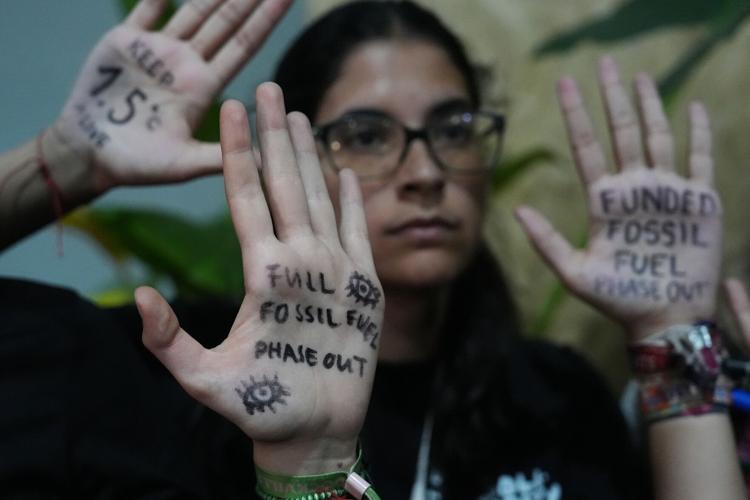
Tensions over fossil-fuel language reflect broader frustration about limited progress since COP28’s pledge to shift away from oil, gas and coal.
France’s ecological transition minister, Monique Barbut, accused Saudi Arabia, Russia, India and several emerging nations of resisting any reference to a phaseout of fossil fuels. She described the final text as tame but not harmful.
The draft agreement concludes a turbulent fortnight in Belem. Indigenous protesters broke into the summit venue last week, blocking entry, and a fire inside the compound on Thursday forced a mass evacuation.
Failing to reach a deal would have been a major blow for Brazilian President Luiz Inácio Lula da Silva, who had championed the summit as the “COP of truth.”
The meeting also tested global cooperation amid US President Donald Trump’s decision to boycott COP30. German state secretary for the environment Jochen Flasbarth noted that, despite geopolitical strains, the UN climate process remained indispensable.
Developing nations have pressed the EU and other wealthy states for increased funding to help them adapt to climate impacts such as floods and droughts and to support their transition to low-carbon economies.
The EU resisted firm new financial commitments, but the draft agreement calls for efforts to “at least triple” adaptation finance by 2035.
A negotiator from Bangladesh described the outcome as the result of “minimum common denominator” diplomacy, signalling muted satisfaction.
The EU also opposed demands from China and other emerging economies to include language on trade in the agreement, yet trade references remained in the final draft.


 Trending
Trending 
